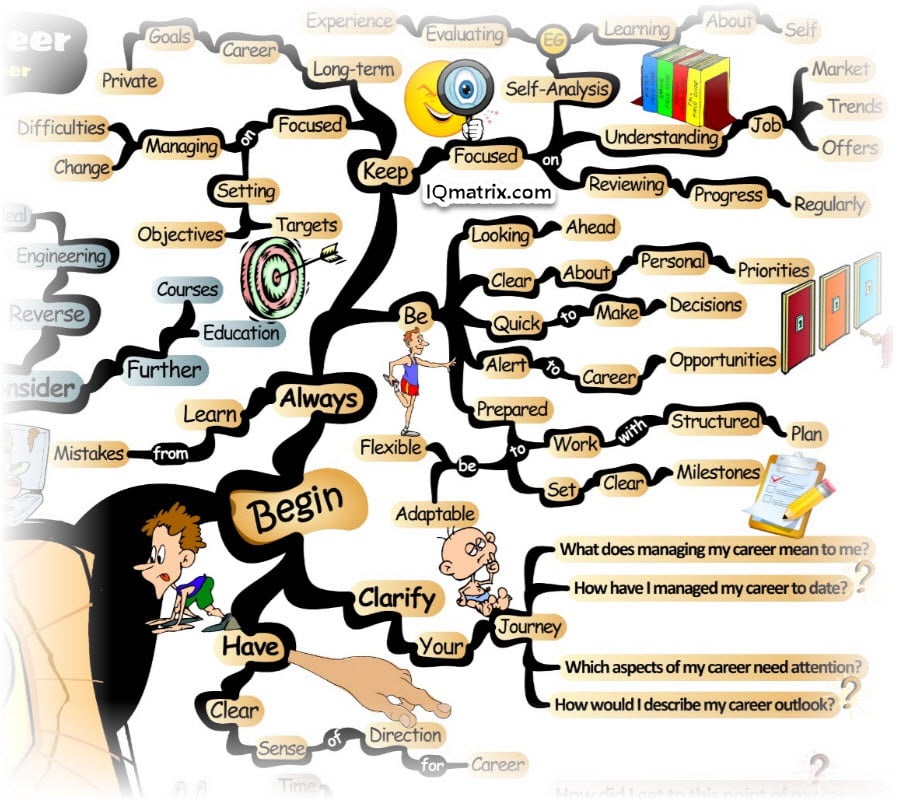The world today thrives on data. Every click, swipe, and transaction generates data that, when analyzed, can drive critical business decisions. Business Analytics—a specialization that combines data science, statistics, and business management—has become indispensable across industries. If you’re considering an MBA and have an interest in analytics, then an MBA in Business Analytics could be the right choice for you. This path offers specialized skills and insights that can set you apart in today’s data-driven job market, opening doors to dynamic roles that blend business acumen with analytical expertise.
1. What is Business Analytics?
Business Analytics is the process of leveraging statistical and quantitative analyses, data mining, predictive modeling, and multivariate analysis to drive decision-making in businesses. By interpreting past data and predicting future trends, business analysts help companies make informed decisions, optimize operations, and maintain a competitive edge.
Industries, from finance to healthcare to retail, depend on business analytics to understand customer behavior, optimize supply chains, manage risks, and boost profitability. Consequently, professionals skilled in analyzing complex data and interpreting it for strategic decision-making are in high demand.
2. Why Choose an MBA in Business Analytics?
Choosing an MBA in Business Analytics over other specializations has its advantages. Here are some of the main reasons why it’s the right choice for your career:
A. Growing Demand for Data-Savvy Professionals
The rapid adoption of technology across industries has led to an explosion in data generation. According to a recent survey by LinkedIn, jobs related to data science, analytics, and artificial intelligence are among the most sought-after in the market today. Businesses are actively looking for professionals who can extract actionable insights from data to drive business strategies. An MBA in Business Analytics will equip you with the tools and frameworks necessary to excel in these high-demand roles.
B. High Earning Potential
Given the specialized skill set and high demand for business analysts, MBA graduates in Business Analytics command impressive salaries. According to recent data from the Bureau of Labor Statistics, the median salary for management analysts is well above the average across all occupations, and those with advanced degrees, particularly in analytics, can earn even higher. Employers are willing to pay a premium for individuals who can analyze data and translate it into profitable business decisions.
C. Diverse Career Opportunities
An MBA in Business Analytics prepares you for a wide range of career paths, allowing you to work in diverse industries. Graduates can step into roles such as:
- Data Analyst: Specializing in gathering, processing, and analyzing data.
- Business Intelligence Manager: Overseeing data analytics and developing insights for business strategies.
- Management Consultant: Advising companies on data-driven strategies.
- Market Research Analyst: Analyzing market data to support marketing strategies.
- Financial Analyst: Evaluating financial data to aid investment decisions.
Each of these roles requires a balance of analytical expertise, business knowledge, and strategic thinking, making an MBA in Business Analytics an ideal foundation.
D. Curriculum Focused on Practical Skills
The curriculum for an MBA in Business Analytics is designed to bridge the gap between theoretical knowledge and real-world applications. Courses often include a mix of business fundamentals, like finance and marketing, along with specialized analytics courses, such as:
- Predictive Modeling: Learning how to anticipate future trends based on historical data.
- Data Visualization: Using tools like Tableau and Power BI to communicate data findings.
- Machine Learning: Understanding and applying algorithms for data analysis.
- Big Data Management: Navigating large datasets and deriving insights from them.
- Business Strategy and Data Analytics Integration: Tying data insights into effective business strategies.
These skills are not only in high demand but also transferable across different roles and industries.
3. Key Benefits of an MBA in Business Analytics
A. Enhanced Analytical and Problem-Solving Skills
An MBA in Business Analytics enhances your analytical abilities and hones your problem-solving skills. Through case studies, hands-on projects, and real-world scenarios, you’ll learn how to approach business problems systematically, break them down into manageable parts, and develop data-driven solutions.
B. A Strategic Edge in the Job Market
With an MBA in Business Analytics, you stand out from other MBA graduates. Many companies prefer candidates with a deep understanding of both business management and data analysis, and this combination makes you a valuable asset. By bringing data-driven insights to traditional business processes, you can provide a fresh perspective that many organizations find essential for growth.
C. Networking and Professional Growth
MBA programs, especially those with a focus on Business Analytics, attract a wide range of professionals from different backgrounds. This environment fosters a strong network of peers, professors, and industry leaders. Networking within this niche area can lead to mentorships, internships, and job placements that can significantly impact your career trajectory.
D. Global Opportunities and Mobility
As organizations worldwide recognize the value of data analytics, the demand for skilled professionals transcends geographic boundaries. An MBA in Business Analytics opens up opportunities in global markets, allowing you to work with top companies around the world or even start your own consultancy.
4. Addressing Common Pain Points of Students Considering This Path
A. Concern about Technical Skills
Many students worry that they may not have the technical prowess required for an MBA in Business Analytics, especially if they don’t have a background in mathematics or statistics. MBA programs are designed to cater to students from diverse educational backgrounds, so they often start with foundational courses to build the necessary skills. Moreover, the emphasis in business analytics is on interpreting data rather than heavy coding, so it’s less technical than a data science degree.
B. Managing Tuition Costs and Financing Options
MBA programs can be costly, and an MBA in Business Analytics is no exception. However, there are numerous scholarships, fellowships, and financial aid options available for students pursuing analytics-focused degrees. Many business schools also offer assistantships and on-campus job opportunities to help offset the costs. Given the high demand for analytics professionals, graduates can expect a strong ROI, making it easier to pay off any loans or financial investments.
C. Job Market Competitiveness
Some students are concerned about entering a competitive job market. However, as companies continue to expand their analytics functions, the number of available roles is growing. Additionally, by gaining expertise in both analytics and business management, you’re positioning yourself as a versatile candidate who can fit into multiple roles across industries, giving you a broader spectrum of job opportunities.
5. Is an MBA in Business Analytics the Right Fit for You?
If you are passionate about data, eager to make data-backed business decisions, and keen on impacting a company’s strategy, an MBA in Business Analytics is a promising path. This specialization not only equips you with analytical and management skills but also makes you a strategic thinker capable of leveraging data to address complex business challenges. The program is designed for those who are curious, enjoy problem-solving, and want a career at the intersection of technology and business.
If your career goals align with data-driven roles that influence business outcomes, this specialization provides the tools and knowledge to thrive. For those who are still uncertain, consider exploring introductory courses in data analytics to gain a feel for the field. Many MBA programs offer flexible paths, so you can start with general business courses and then specialize in analytics if it resonates with you.
In summary, an MBA in Business Analytics not only positions you to thrive in the current data-centric job market but also provides long-term skills that can adapt to changing business needs. This specialization builds a versatile skill set that combines the power of data with strategic business insight, making it a rewarding choice for your future career.




